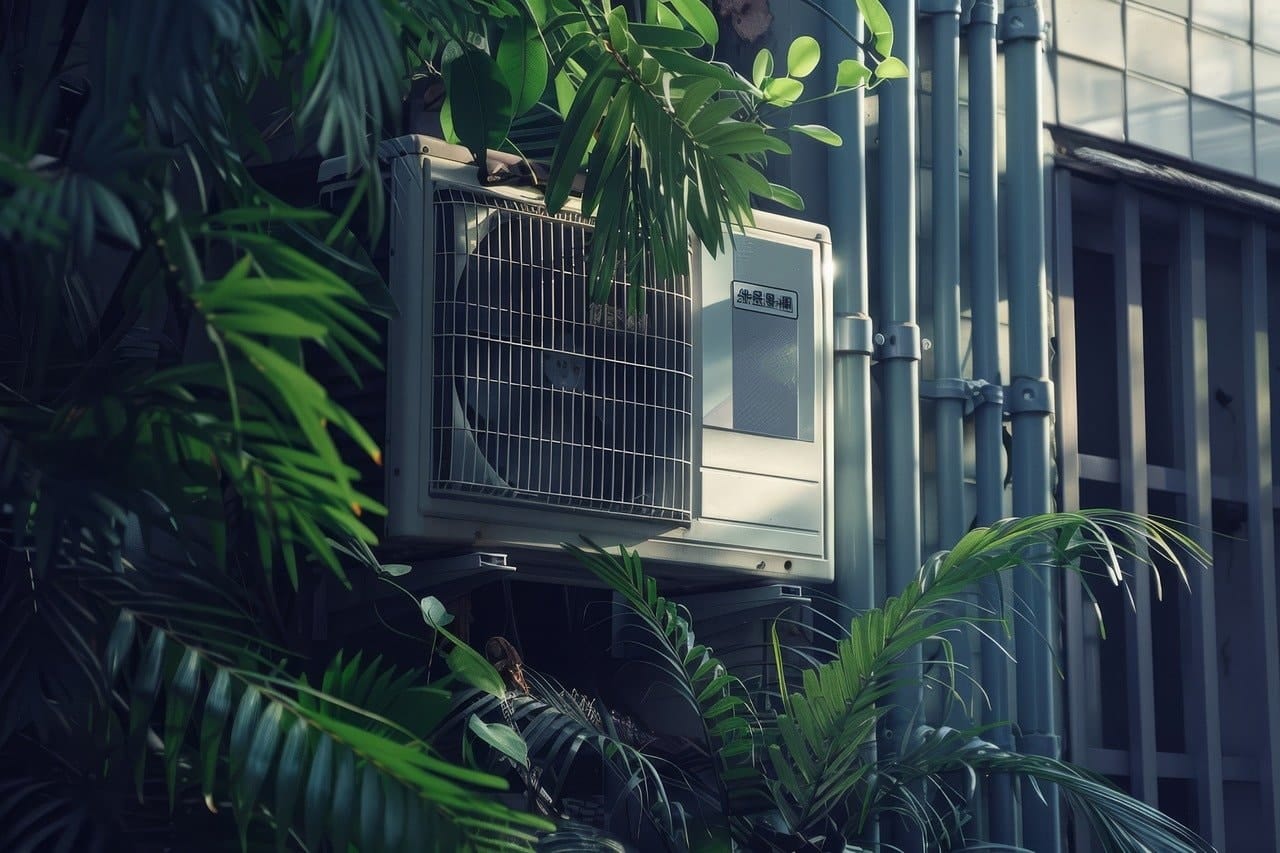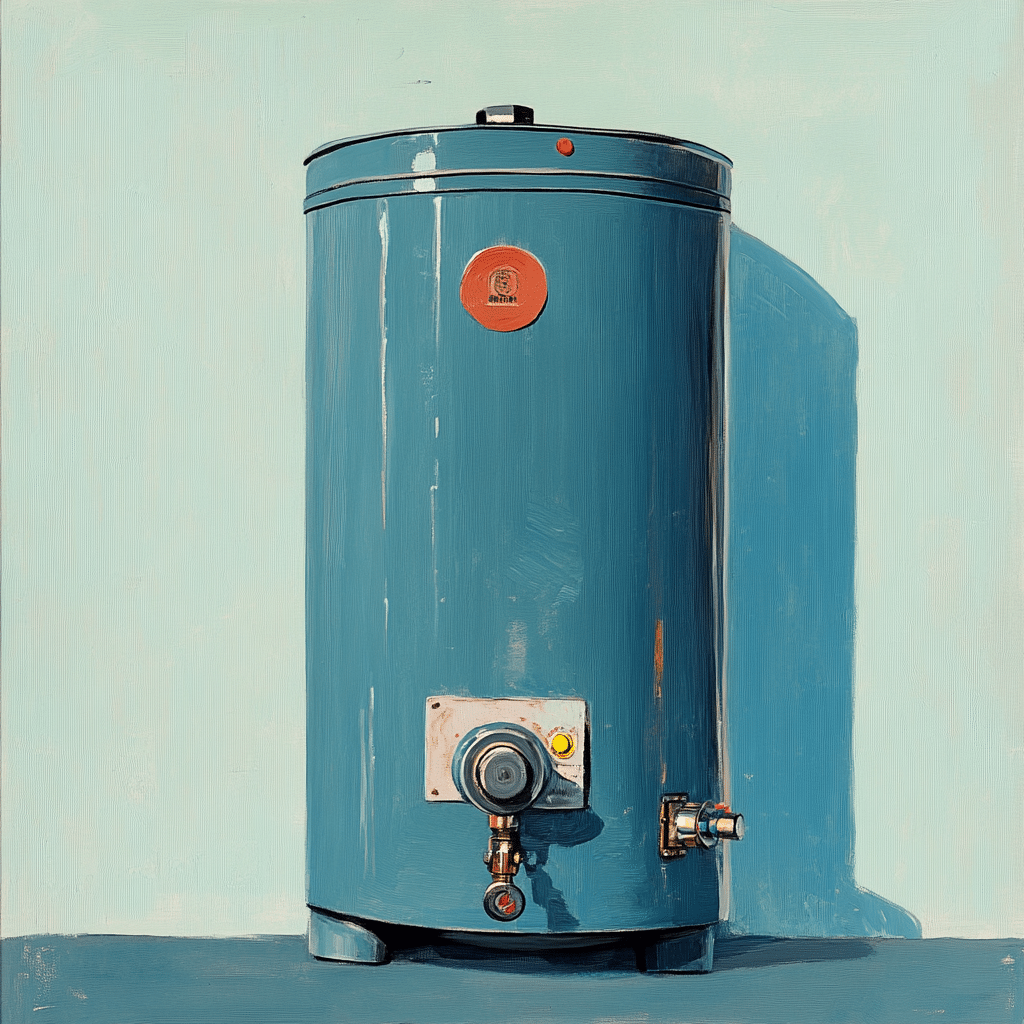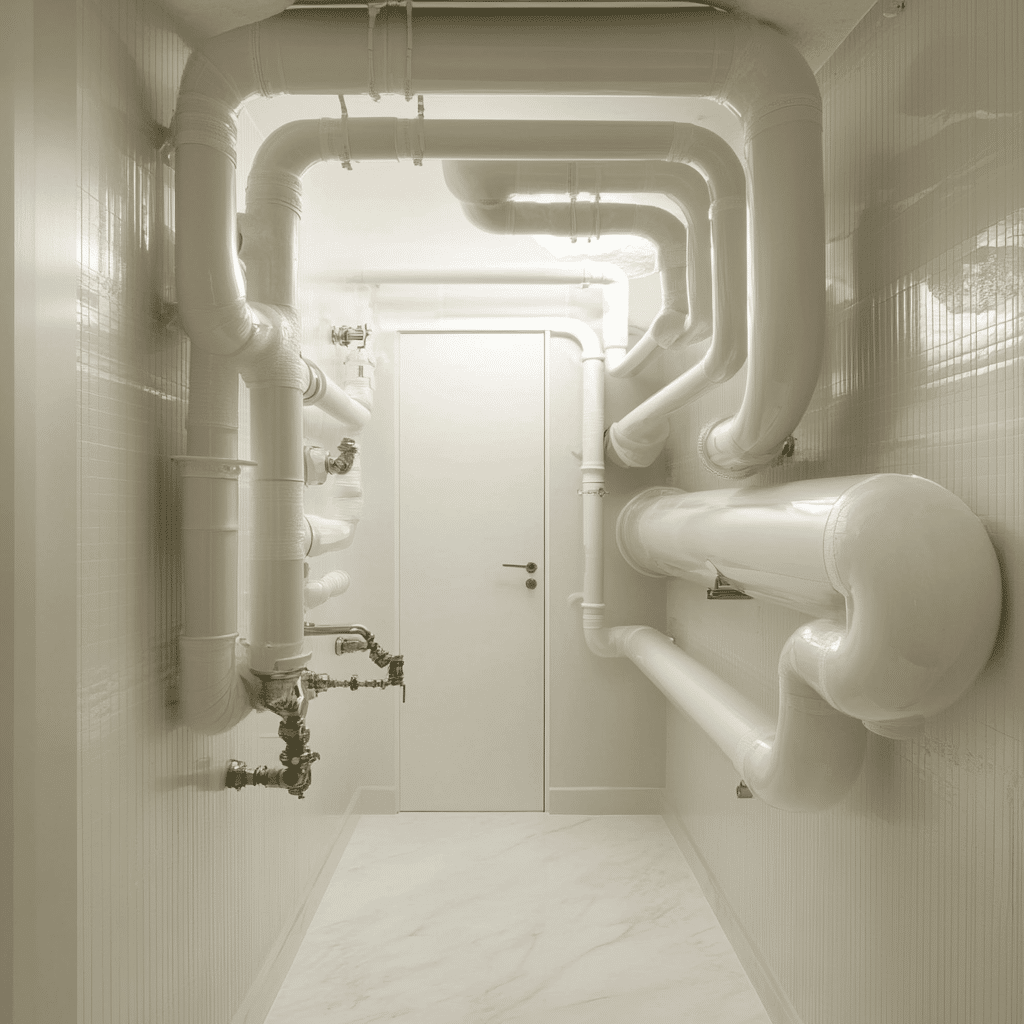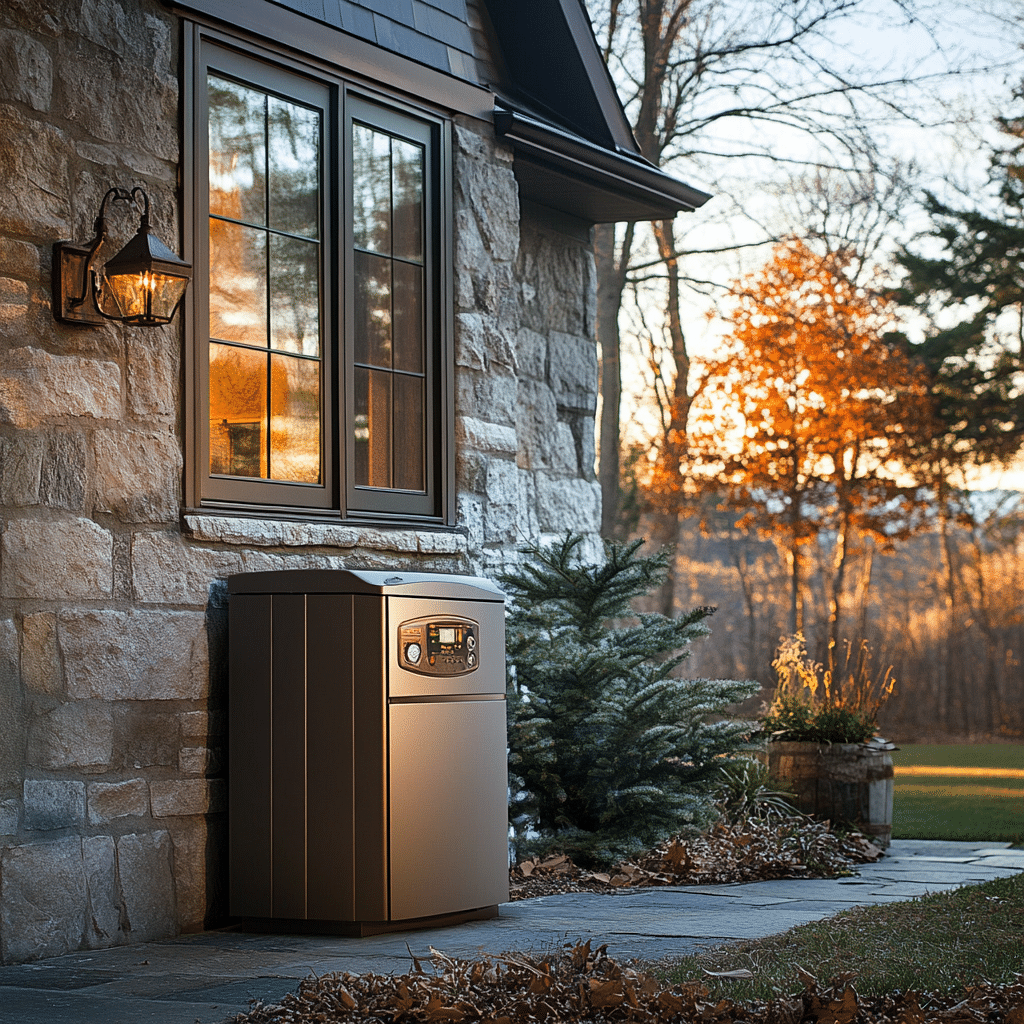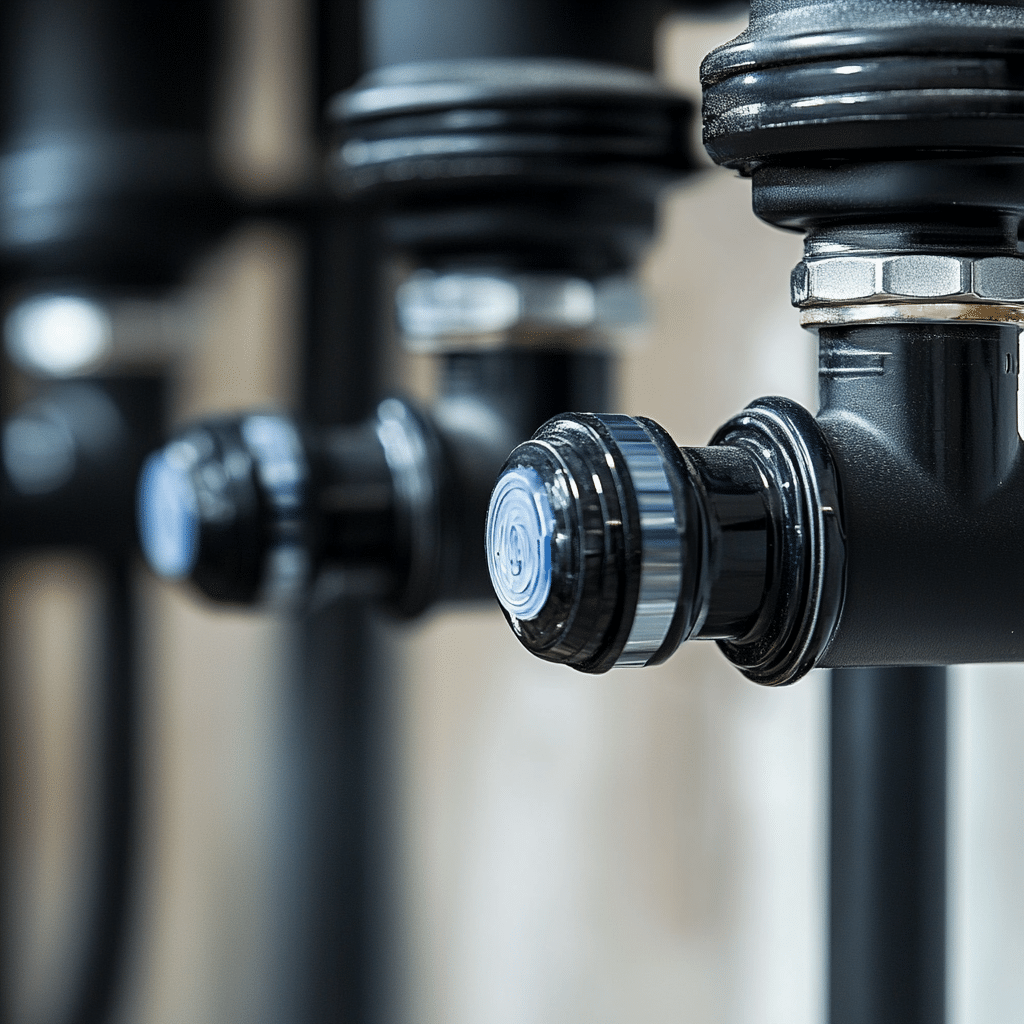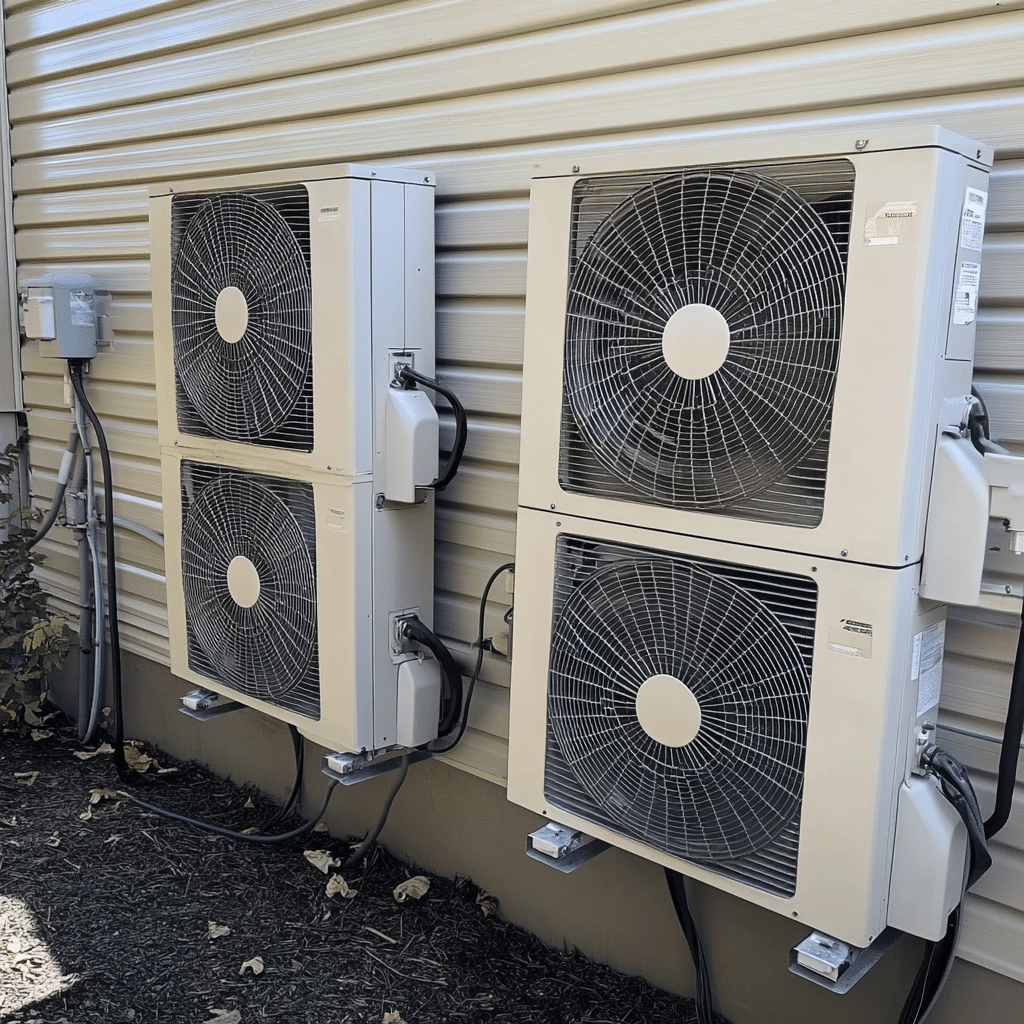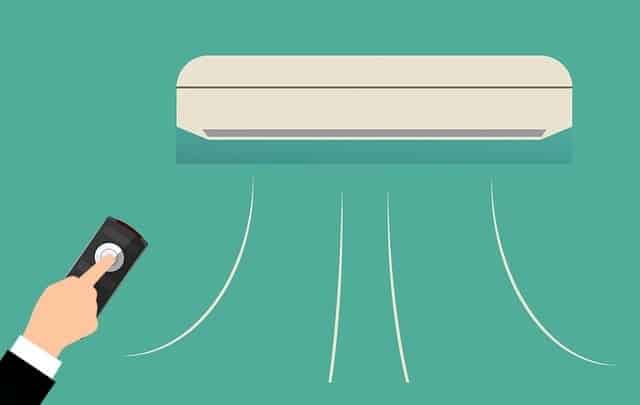Maintaining your HVAC system is crucial for ensuring the comfort and safety of your home throughout the year. Whether it’s the cooling season or the coldest months, your air conditioner and heating systems need to be in good working order. Knowing when to call an HVAC professional can help you avoid costly repairs and ensure your HVAC unit operates efficiently. Here are some of the top signs that you need to bring in an HVAC expert to assess and fix your system.
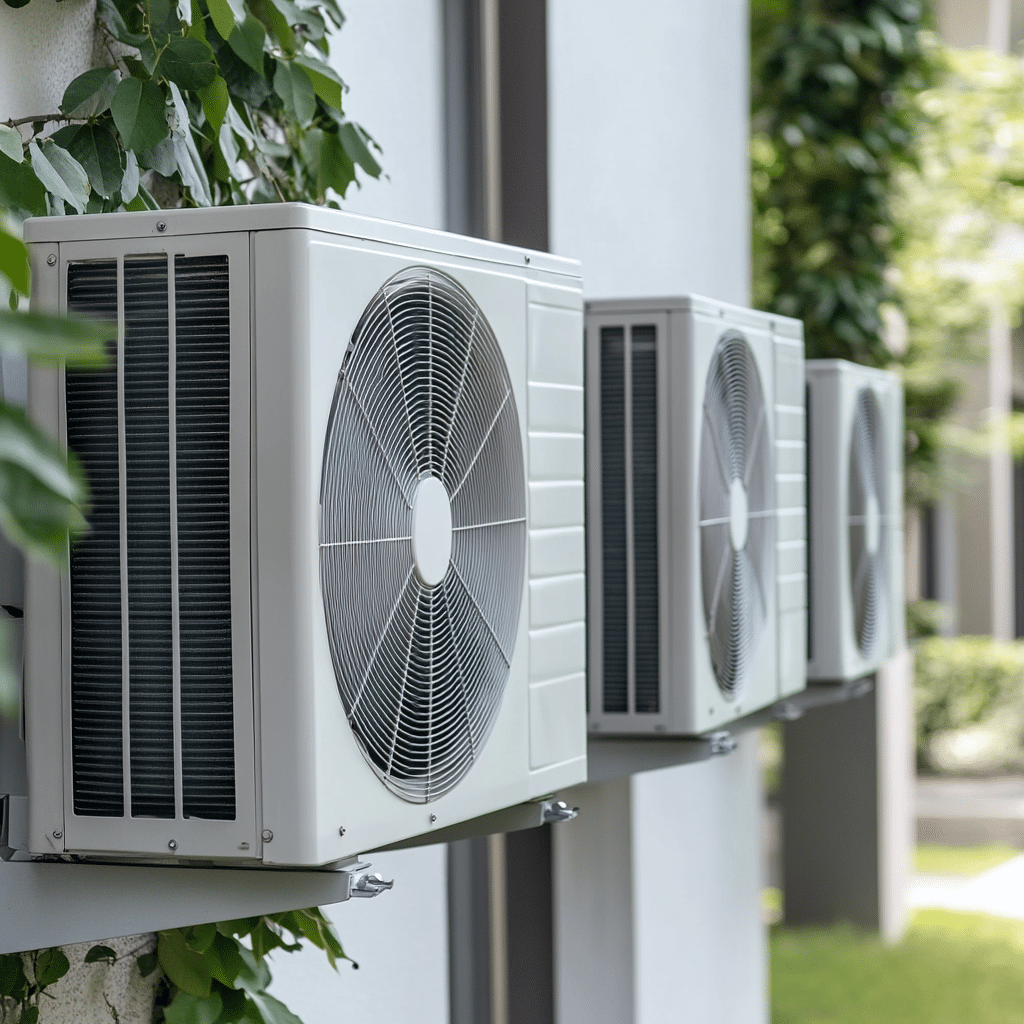
1. Unusual Noises Coming from Your HVAC Unit
If you hear strange noises coming from your HVAC system, such as banging, rattling, or screeching, it’s a clear sign that something is wrong. These noises could indicate issues with the compressor, condenser coils, or other critical components of your air conditioning system. Ignoring these sounds could lead to more severe HVAC problems down the line, potentially causing the unit to break down completely. It’s important to hire a technician as soon as you notice these sounds, as they have the specialized tools and expertise to diagnose and repair the issue before it escalates.
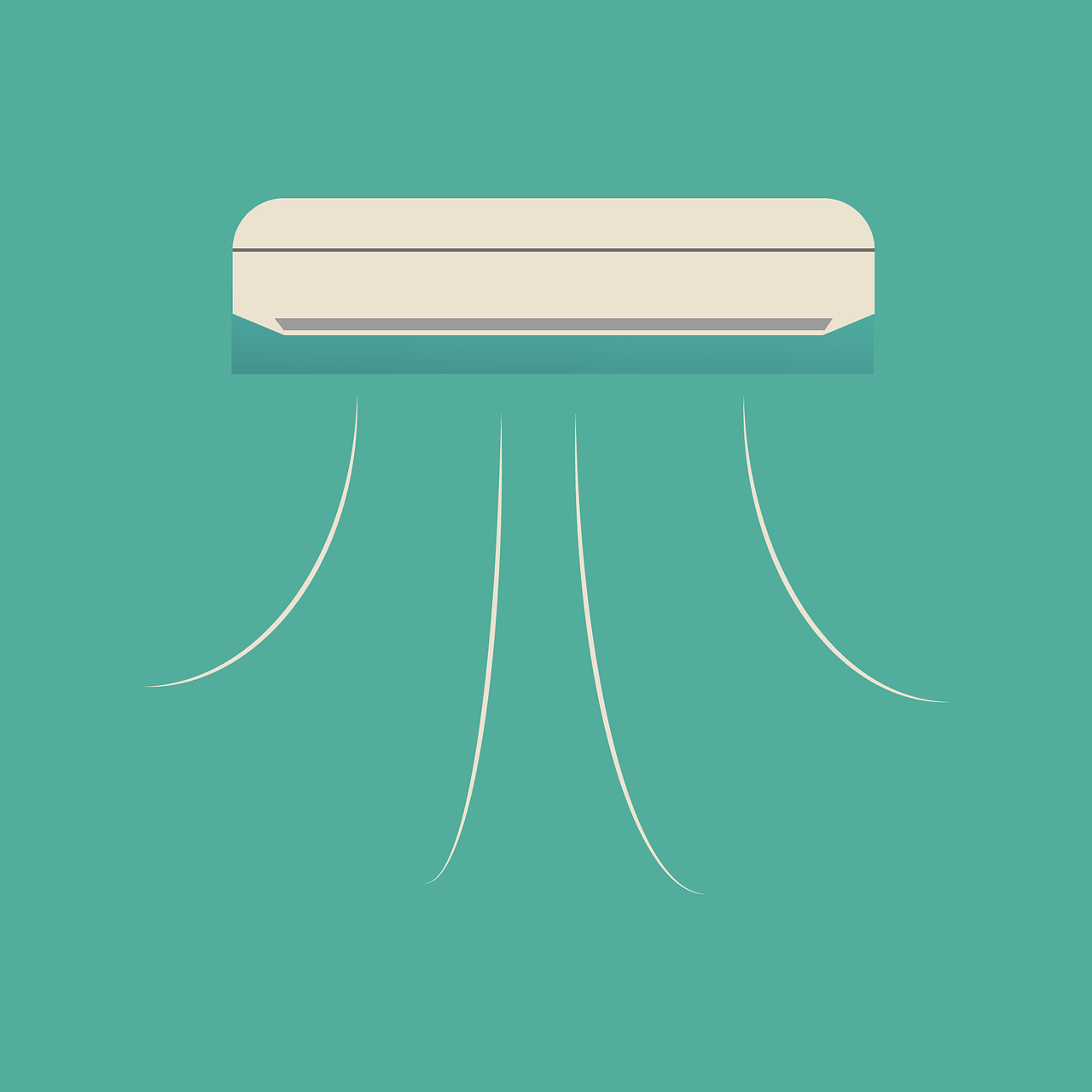
2. Weak or Inconsistent Airflow
Weak or inconsistent airflow from your air conditioning system or heater is another sign that your system isn’t working as it should. This problem can result from several issues, such as a dirty filter, clogged ductwork, or a malfunctioning blower motor. Poor airflow not only reduces the comfort of your home but can also cause higher energy bills as your HVAC unit works harder to maintain the desired temperature. If you notice that the air coming from your vents is weak or uneven, it’s time to call in an HVAC professional to check for any HVAC issues and restore your system’s optimum performance.
3. Higher Energy Bills Without Increased Usage
An unexplained spike in your energy bills can be a sign that your HVAC system is not operating efficiently. If your air conditioner or heat pump is running more frequently than usual or working harder to maintain the temperature set on your thermostat, it could be due to several underlying problems. Issues such as dirty filters, leaking refrigerant, or worn-out components can all cause your system to consume more electricity than necessary. Bringing in an HVAC technician to inspect and perform routine maintenance can help identify the root cause of the increased energy usage and save you money in the long run.
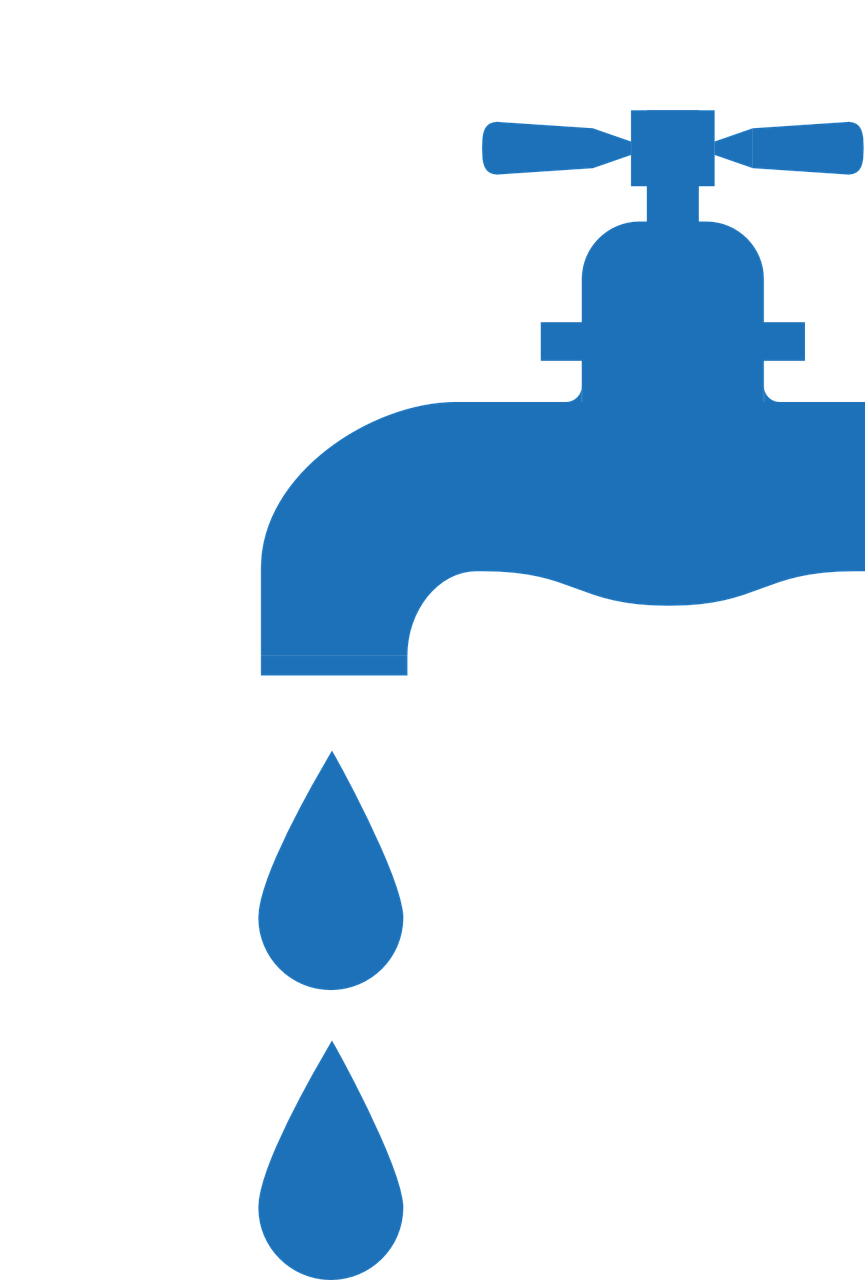
4. Water Leaks Around the HVAC Unit
Water leaks around your HVAC unit are a cause for concern and should be addressed immediately. These leaks can result from a clogged condensate drain line, a dirty filter, or a frozen evaporator coil. Water damage from leaks can lead to mold growth and other serious issues within your house, so it’s crucial to call an HVAC expert at the first sign of moisture around your unit. They can fix the problem and ensure that your system is properly draining and operating efficiently.
5. Frequent Cycling On and Off
If your air conditioning or heating system frequently cycles on and off, it could indicate a problem with the thermostat, electrical connections, or the HVAC system itself. Frequent cycling not only wears out the system faster but also reduces its efficiency, leading to higher energy costs. An HVAC professional can diagnose and repair the underlying issue, ensuring your system runs smoothly and efficiently.
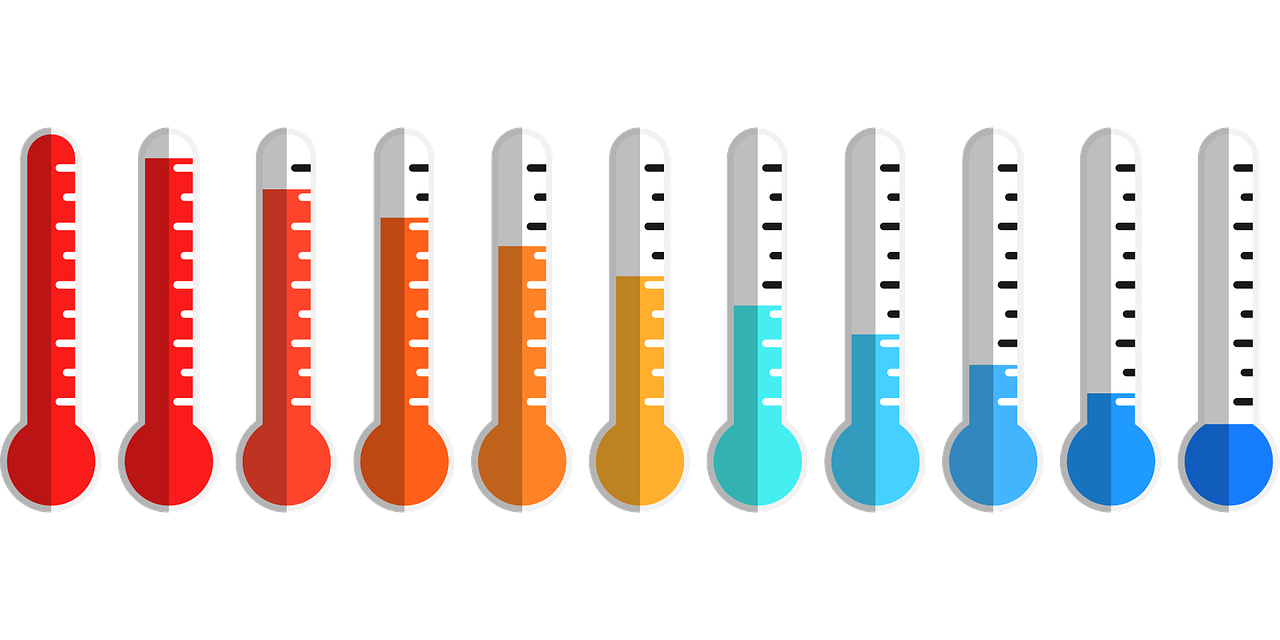
6. Inconsistent Temperatures Throughout the House
If certain areas of your house are too hot or too cold while others remain comfortable, it could be a sign of HVAC issues. This inconsistency might result from problems with the thermostat, ductwork, or insulation. Uneven temperatures can also occur if your air conditioner or heater is not the right size for your home. An HVAC technician can evaluate your system and recommend the appropriate repairs or adjustments to ensure consistent temperatures throughout your home.
7. The Age of Your HVAC System
Even the most reliable HVAC systems have a lifespan. If your system is more than 10-15 years old, it might be time to consider a replacement. Older systems are less energy efficient and more prone to breakdowns. If you’re experiencing frequent repairs and rising maintenance costs, it might be more cost-effective to invest in a new HVAC system. An HVAC professional can help you determine if replacing your system is the best option and recommend energy-efficient models that will save you money in the long term.

8. Feeling Sick Due to Poor Indoor Air Quality
If you or your family are feeling sick with unexplained symptoms like headaches, dizziness, or respiratory issues, your HVAC system could be to blame. Poor indoor air quality, often caused by dirty air filters or a broken AC, allows dust, mold, and other allergens to circulate throughout your home. Regularly cleaning or replacing air filters, along with professional HVAC services for inspecting and maintaining your equipment, is essential for keeping your indoor air healthy. Homeowners should ensure their furnace and air conditioner are functioning properly, as neglecting these systems can exacerbate health problems. If you suspect your HVAC system is affecting your health, contact a reliable HVAC company to assess and improve your air quality immediately.
9. Tripping the Circuit Breaker
If your HVAC system frequently trips the circuit breaker, it’s a serious warning that something could be wrong, such as an overworked unit, a clogged air filter causing the system to overheat, or an underlying electrical issue. This safety mechanism is designed to prevent fires, so it’s crucial not to ignore it. Continuously resetting the breaker without addressing the root cause can damage your air conditioner or heater and even pose a fire hazard. It’s important to stop using the system and call HVAC contractors immediately to diagnose and replace any faulty components, ensuring your system is safe and functioning properly. Regularly taking care of your system, such as changing air filters and scheduling service, can help prevent this issue and keep your home comfortable.
Conclusion
Knowing when to call an HVAC professional is key to maintaining the efficiency and longevity of your HVAC system. By paying attention to these signs—unusual noises, weak airflow, higher energy bills, water leaks, frequent cycling, inconsistent temperatures, and the age of your system—you can address problems early and avoid costly repairs. Regular routine maintenance and timely repairs by a qualified HVAC expert will ensure that your system continues to operate at peak performance, keeping your home comfortable and saving you money on energy costs.
